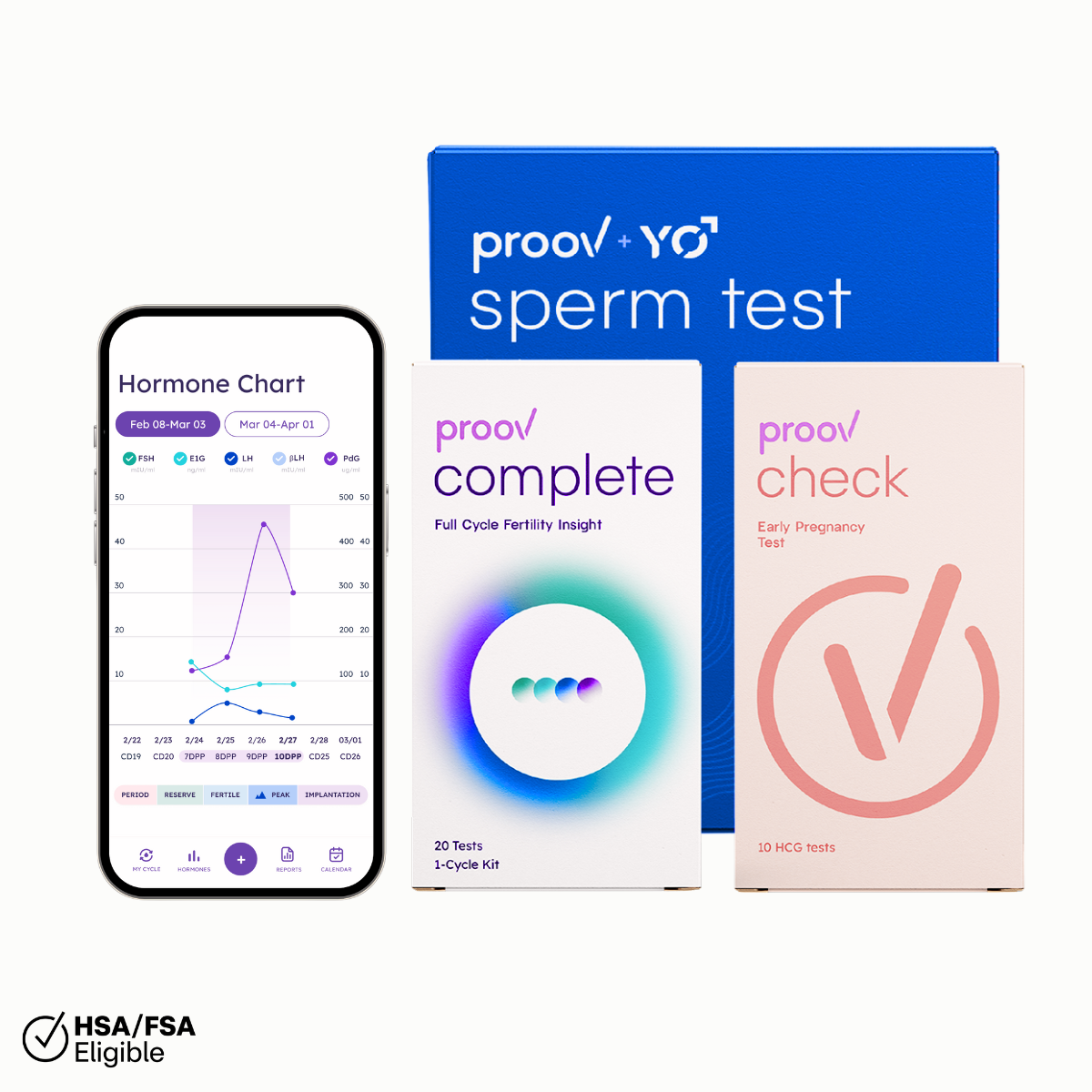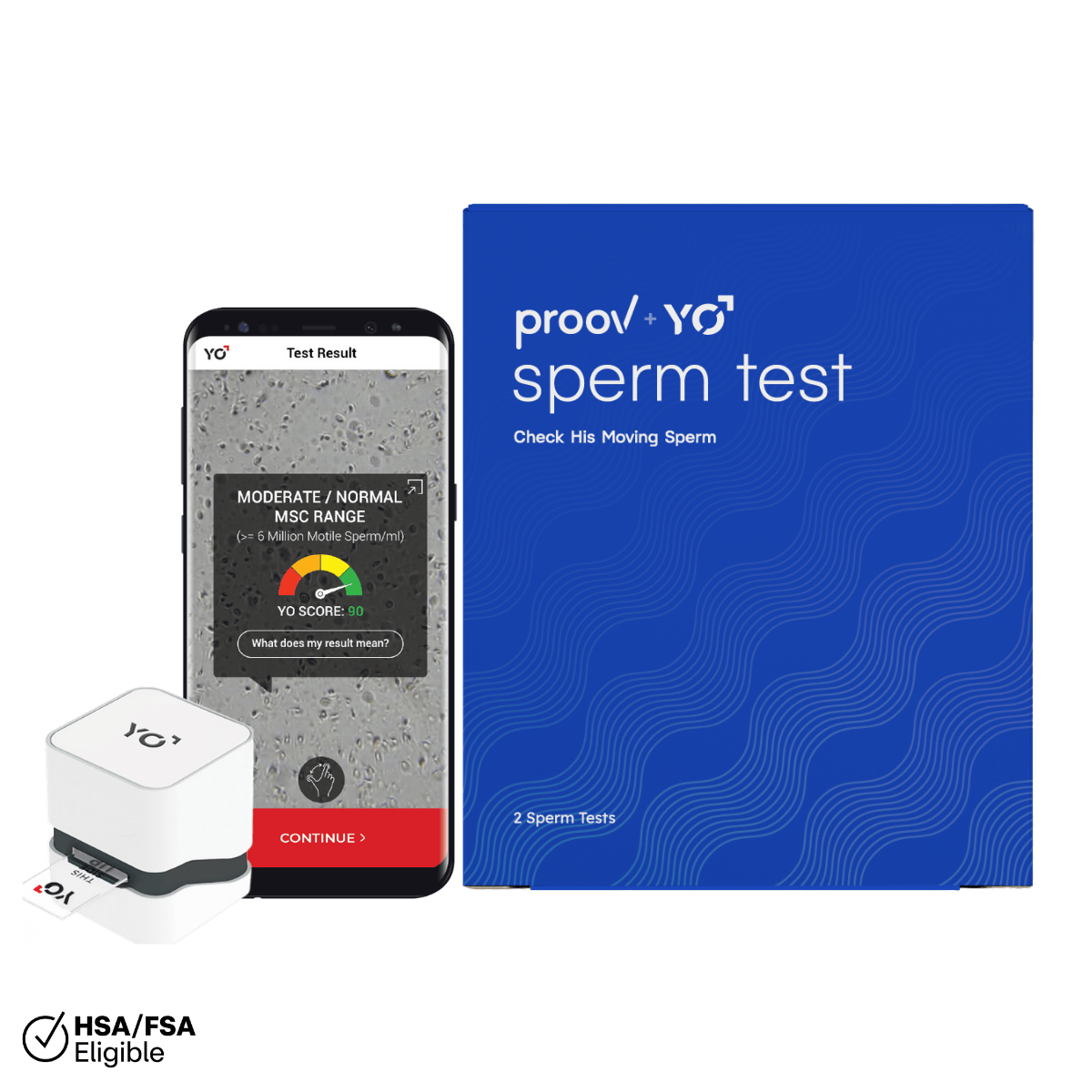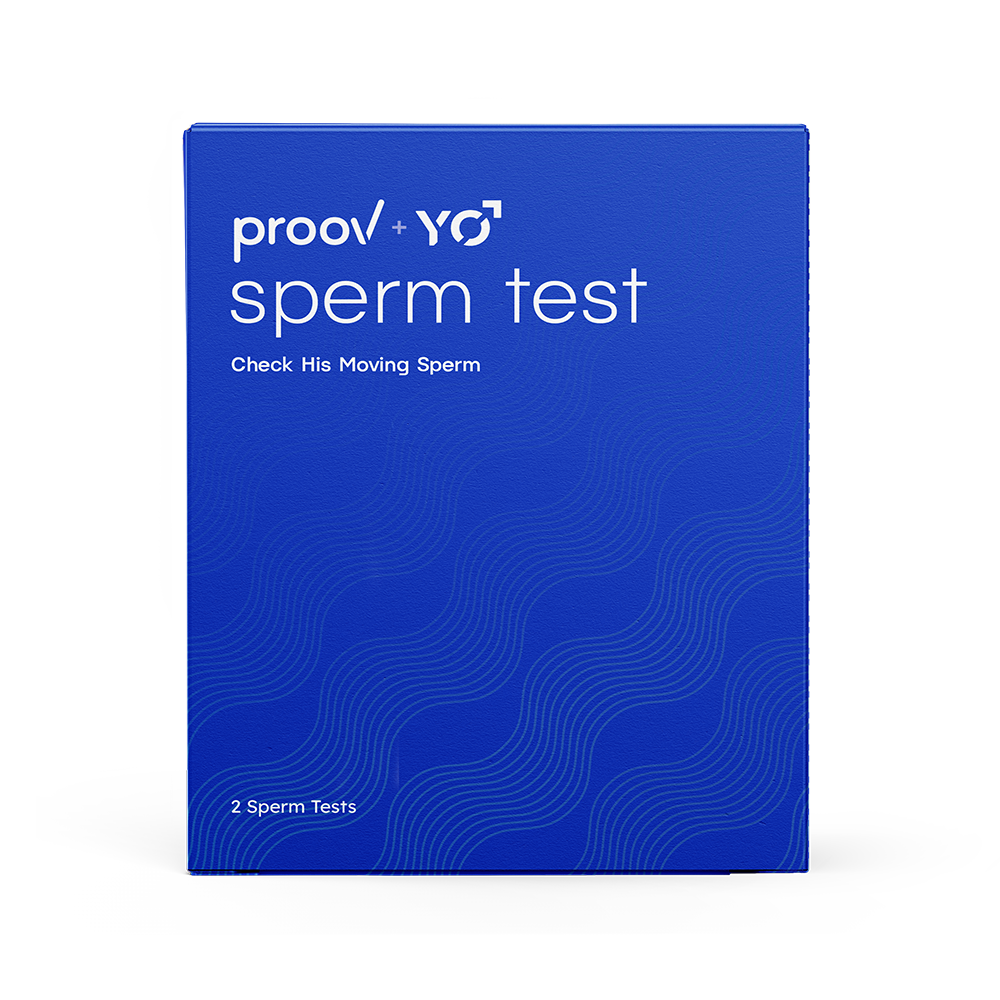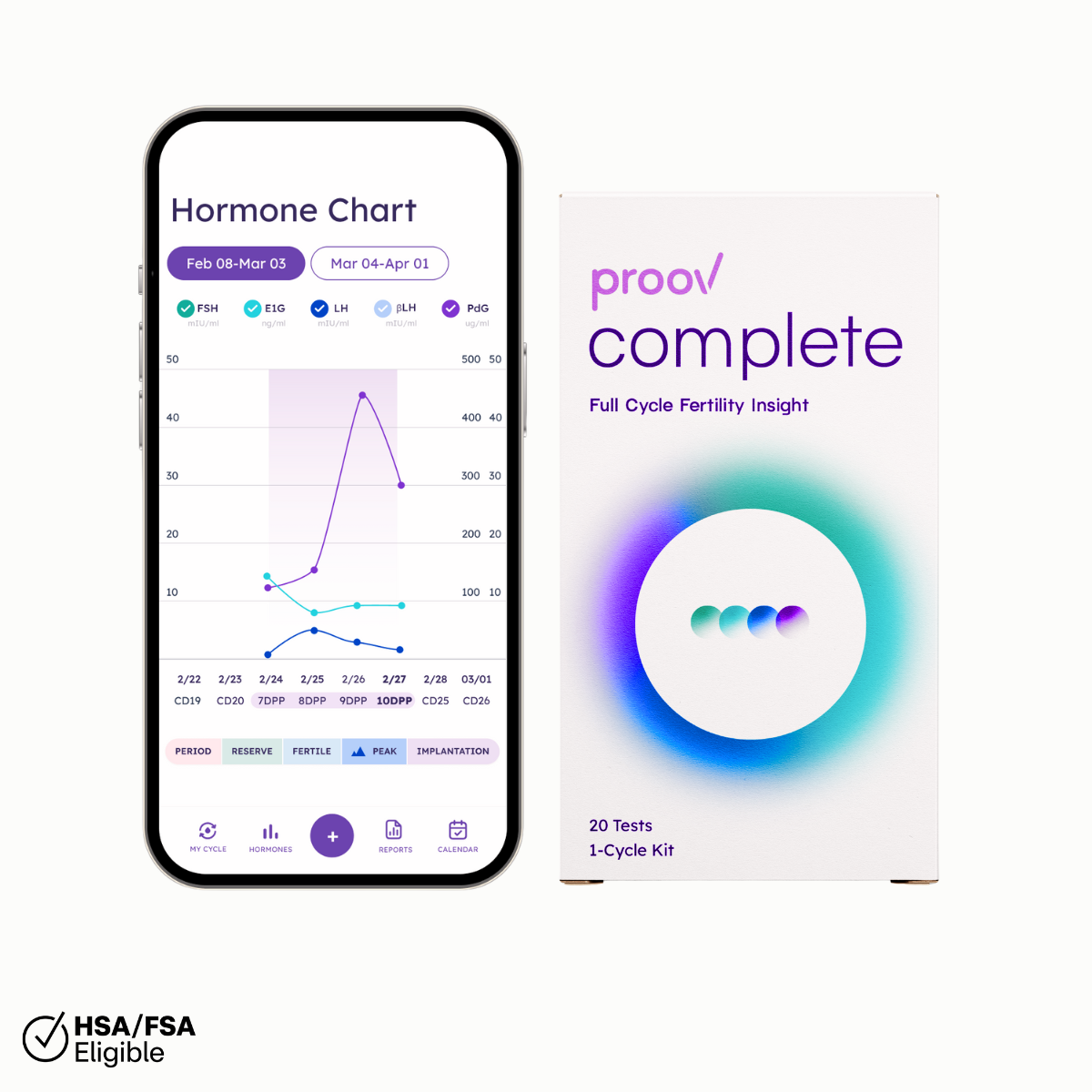Why Progesterone Deserves More Credit in Your Fertility Journey
Everyone talks about the importance of a good prenatal vitamin for fetal development, but what about preparing your body to support a healthy pregnancy?
That’s where progesterone comes in. Think of it as “the prenatal for your uterus.”
What Is Progesterone?
Progesterone is a critical reproductive hormone that rises during the second half of your cycle (your luteal phase). After ovulation, it’s released by the corpus luteum, and its job is to:
-
Thicken the uterine lining
-
Maintain a stable environment for implantation
-
Prevent your body from shedding its lining (aka getting your period too soon)
-
Calm uterine muscles and reduce contractions
Without enough progesterone, the body can’t properly support early pregnancy, even if everything else is working.
How Progesterone Supports a Healthy Pregnancy
Once implantation occurs, progesterone levels must remain high to support that early embryo until the placenta takes over hormone production (around 8–10 weeks). Low progesterone during this window is a major reason for implantation failure or early miscarriage.
As Dr. Aimee says:
“Progesterone is like water: you always need enough. And if you don’t have it, you’re in deep doo-doo.”
Symptoms of Low Progesterone
If your body isn’t making enough progesterone, you might experience:
-
Short luteal phases (<10 days)
-
Spotting before your period
-
PMS symptoms like mood swings or anxiety
-
Difficulty staying pregnant
-
Unexplained infertility
How to Test Progesterone (Actually, PdG) and What To Do About It
At Proov, we’re obsessed with making hormone testing easy and accessible.
Our at-home PdG (progesterone metabolite) tests show if your body is making enough progesterone after ovulation, when it matters most.
That means you can still get powerful insight into whether your body is making enough progesterone after ovulation, when it matters most.
PdG levels reflect progesterone production during your luteal phase, helping you understand whether your body is prepared to support implantation and early pregnancy.
With Proov’s PdG testing, you’ll receive:
-
A multi-day testing window to confirm sustained PdG levels
-
Our exclusive “Proov Progesterone Score” for easy interpretation
-
Personalized insights and next steps if your levels aren’t optimal
No guesswork. No lab draws. Just answers.
And if it’s low?
We’ve got you covered with personalized lifestyle, supplement, and clinical next-step recommendations.
The Bottom Line
A good prenatal helps the baby.
But progesterone helps prepare your uterus to welcome that baby in the first place.
Think of progesterone as the prenatal for your uterus and make sure you’re giving your body what it needs to support a healthy pregnancy from day one.












